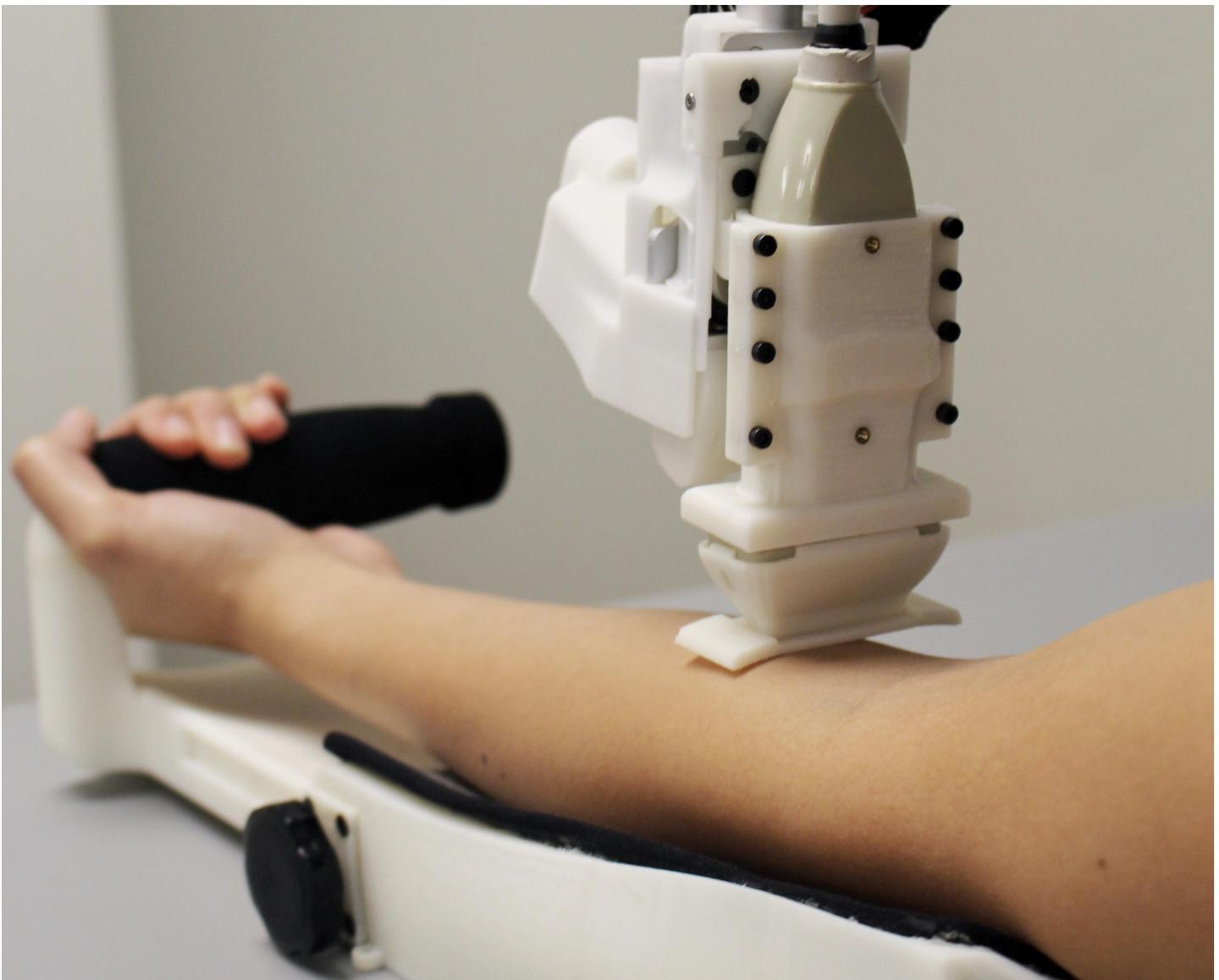› Forums › General › News (General) › AI, robots are transforming healthcare
Tagged: AIAnalytics_H13, Industrial_V4, UseCase_G14
- This topic is empty.
-
AuthorPosts
-
-
March 14, 2020 at 6:03 pm #40753
#News(General) [ via IoTGroup ]
Headings…
AI, robots are transforming healthcare
AI, robots are transforming healthcare
AI aids coronavirus (Covid-19) researchers
AI, brain scans may alter how doctors treat depression
Robot can extract blood samples
Open source app helps predict brain tumor malignancy
Solving AI’s need for more computing power
Robots ape human behaviour to gain acceptance
Flexible sensors, AI model to aid soft robots in 3DAuto extracted Text……

AI aids coronavirus (Covid-19) researchers
Healthmap, developed after SARS killed 774 people around the world in the mid-2000s, organizes disparate data and generates visualizations that show how and where communicable diseases like the coronavirus are spreading.
Researchers predict that tools such as AI, brain imaging, and blood tests will revolutionize the field of psychiatry in the coming years, although implementing these approaches will take time.
The team then developed a machine-learning algorithm to analyze and use the EEG data to predict which patients would benefit from the medication within two months.
Among the next steps, researchers say, is developing an AI interface that can be widely integrated with EEGs across the country.
Antidepressant use in the U.S. has increased nearly 65% over a decade and a half — from 7.7% in 1999-2002 to 12.7% in 2011-2014 — according to data from the National Health and Nutrition Examination Survey.
A Rutgers-led team has created a blood-sampling robot that performed as well or better than people, according to the first human clinical trial of an automated blood drawing and testing device.
Ambulances, emergency rooms, clinics, doctors’ offices and hospitals, could use a fully integrated device that includes a module that handles samples and a centrifuge-based blood analyzer.
Researchers from The Neuro (Montreal Neurological Institute-Hospital) and the Montreal Children’s Hospital of the McGill University Health Centre have trained machine learning algorithms on data from more than 62,000 patients with a meningioma.
While the study demonstrated that the models could effectively predict outcomes in individual patients, the researchers emphasised the need for further refinements using larger sets that include brain imaging and molecular data.
The researchers have also developed an open-source smartphone app to allow clinicians and other researchers to interactively explore the predictive algorithms described in the paper
Read More..
AutoTextExtraction by Working BoT using SmartNews 1.02976805238 Build 26 Aug 2019
-
-
AuthorPosts
- You must be logged in to reply to this topic.
